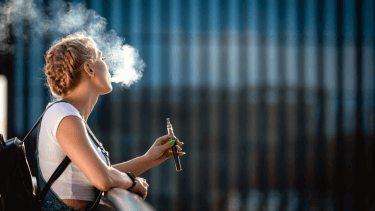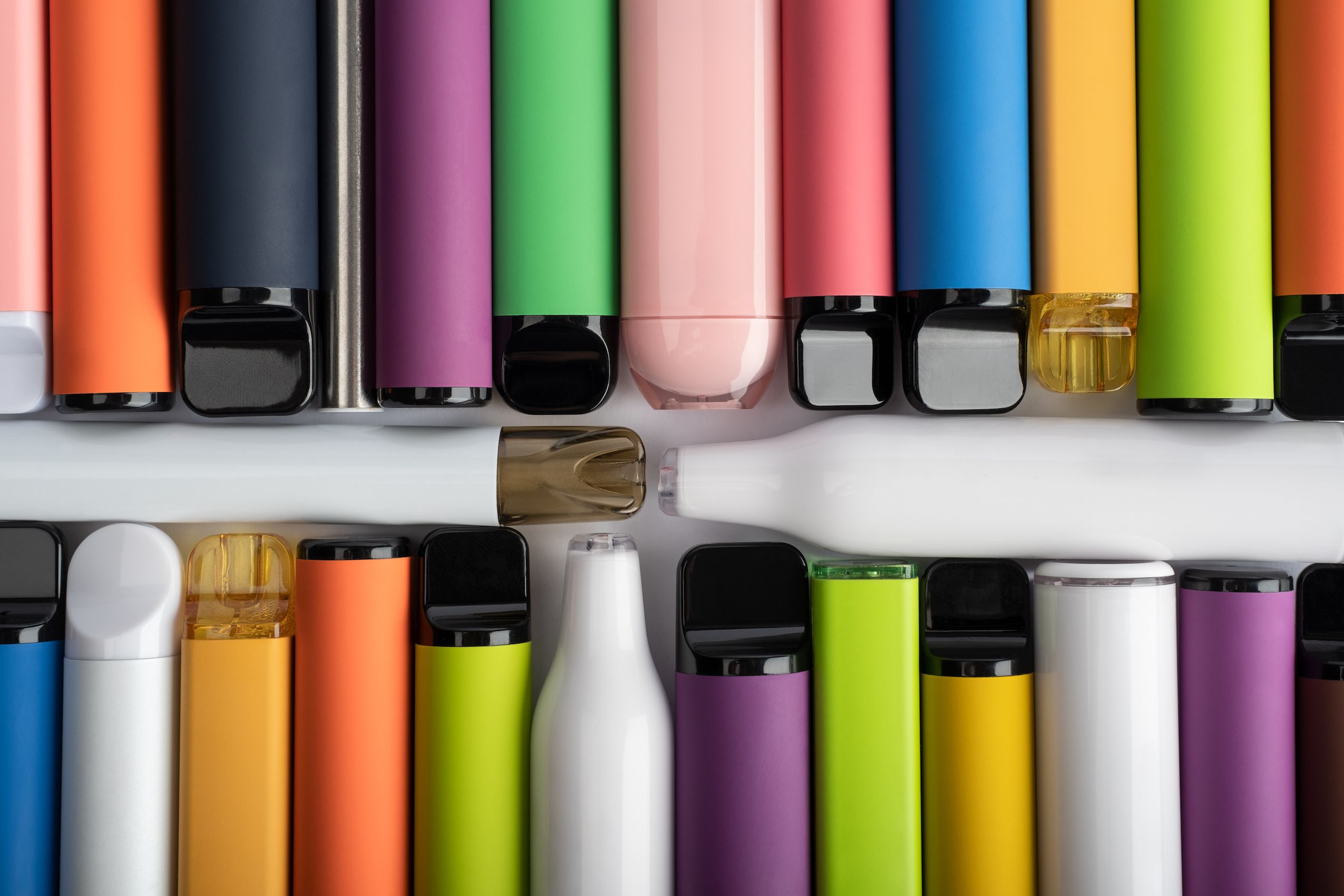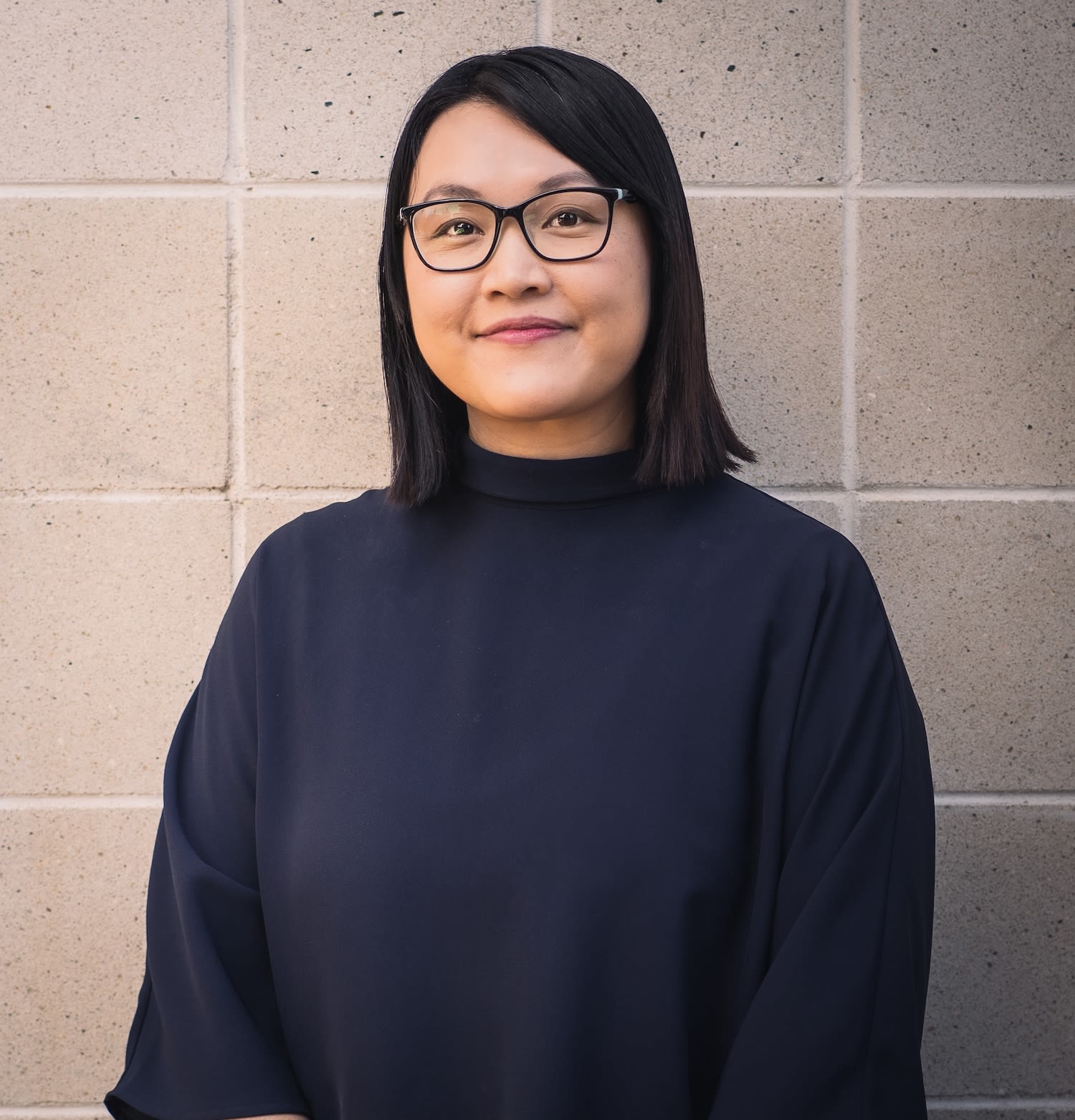Award winner's AI plan to prevent youth vaping

Sponsored by

Sponsored by

A young woman vapes. Image: Adobe Stock/leszekglasner
Vaping has dramatically increased in popularity in recent years, with a 40% surge in users between 2018 and 2022. But what if Artificial Intelligence could stop young people from taking up the habit?
The University of Queensland's Dr Janni Leung believes AI could unlock new ways to convince teenagers to stop the dangerous trend.
Dr Leung is the NHMRC Emerging Research Fellow at the National Centre for Youth Substance Use Research. In August 2023, she was awarded a UQ Foundation Research Excellence Award from her innovative project that plans to use AI to capture the attention of troubled youth vapers.
"Currently, preventing the potential harms of vaping in youth has become a public health priority in Australia," Dr Leung told Research News.
"So, the goal of our project is to design and test an AI-assisted social media intervention to address youth vaping.
"Since social media is an important part of many young Australians’ lives, we aim to work with young people to create evidence-based and engaging content that influences attitudes and behaviours."
Dr Leung has long been interested in human behaviours and was drawn to this field of science because it takes a population-level perspective on health.
The project itself will see Dr Leung use AI to develop posters, slogans and other messaging about the negative effects of vaping on teens.
The imagery will then be used on social media – namely Instagram – to reach her target audience.
A small group of teenagers themselves will also be interviewed about the effectiveness of the AI imagery prior to the campaign's prospective launch.
"Given the influence of social media on youth and the rapid dissemination of information, it was clear that we could leverage AI to create targeted health promotional materials as a novel and efficient approach to address misconceptions and provide knowledge about vaping," Dr Leung said.
"We will be working with young people to create these health promotional materials, and so the use of AI to assist us on the project has the potential to improve our efficiency."

Assorted colour vapes, which are often popular among teens. Image: Adobe Stock/ArieStudio
A UQ study of residential student colleges found that 62 per cent of students reported that they had used an e-cigarette or a vaping device.
Dr Leung acknowledged the major challenge has been minimising e-cigarette and pro-vaping-related videos that have been trending on social media.
On TikTok, a study conducted in 2020 found that e-cigarette-related videos were already viewed over 1.5 billion times.
The majority of these videos portrayed e-cigarette use positively, for example showing funny, ‘cool’ or creative tricks, and those were also the ones with the most views and likes.
Dr Leung hopes her research can use social media with equal effect to deter vape users.
"We'll use AI to generate social media content and make adjustments to the materials with young people. Then, we will conduct a trial based on empirical methods to test the effectiveness of this approach," Dr Leung said.
"The findings will be analysed, translated, and directly reported to the relevant authorities, such as the Australian Department of Health and Aging."
In August 2023, the Queensland Government announced $5 million of funding for students to access a new anti-vaping program in all secondary schools, following consultation with the National Centre for Youth Substance Use Research.
“We don’t hide from the fact that vaping is happening in our schools, and it is a problem we take very seriously," Education Minister Grace Grace said.
“This is why, since last year, my department has been working with the University of Queensland’s National Centre for Youth Substance Use Research to review our Alcohol and Other Drugs program to strengthen the focus on smoking and vaping."
Premier Annastacia Palaszczuk also announced a new $1.3 million anti-vaping campaign in August called There's Nothing Sweet About Vapes, targetted at 12–17 year olds, following the success of 2022's Vape Truths campaign.
"Research shows adolescents who vape are three times more likely to take up smoking cigarettes," she said.
“Vapes are also consciously and deliberately marketed to children and teenagers, with their bright advertising and maliciously deceptive packaging and flavours like fairy floss, cola, and ice cream."
Dr Leung said her Foundation Research Excellence Award was particularly meaningful because it will enable her to take this research to the next level.
She said it will facilitate a novel project that will be designed and conducted in collaboration with young people passionate about working with the centre on the best strategy to address the problem of youth vaping.
"Young people are not just the beneficiaries of our research but an integral part of the solution,"
"This award will empower us to leverage their insights, perspectives, and creativity to address complex health challenges that are currently impacting their lives.
"It is an exciting opportunity to make a tangible impact, and I'm deeply grateful for my team that contributed to making this possible and for the support and acknowledgment that this award represents."
Dr Janni Leung is an NHMRC Development Fellow at National Centre For Youth Substance Use Research (NCYSUR) at The University of Queensland. Their program of research includes investigating the epidemiology of substance use and mental health because they are both major public health issues that commonly occur together.
